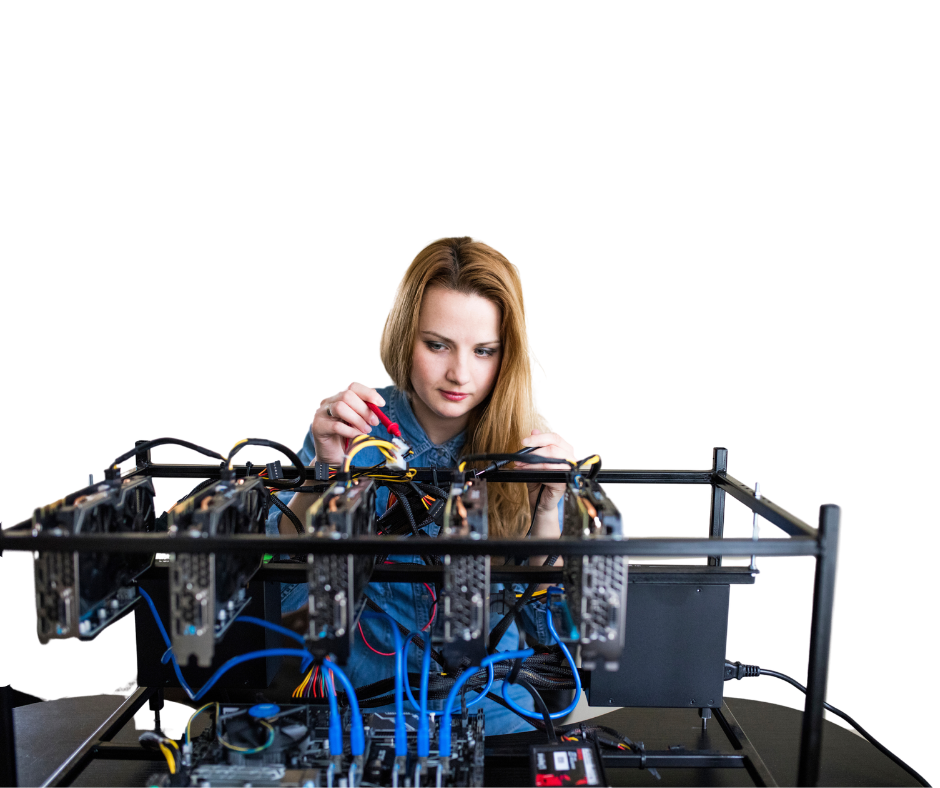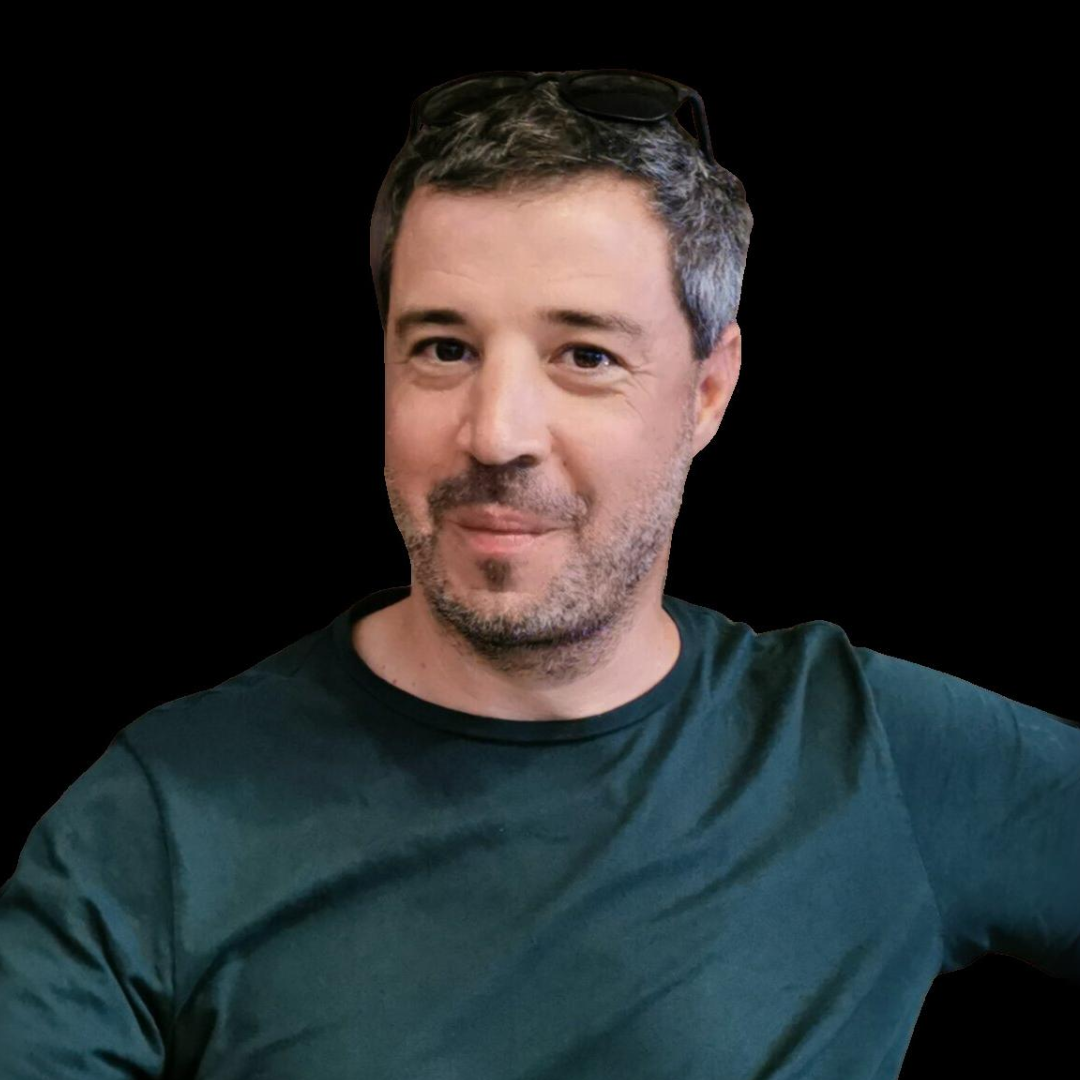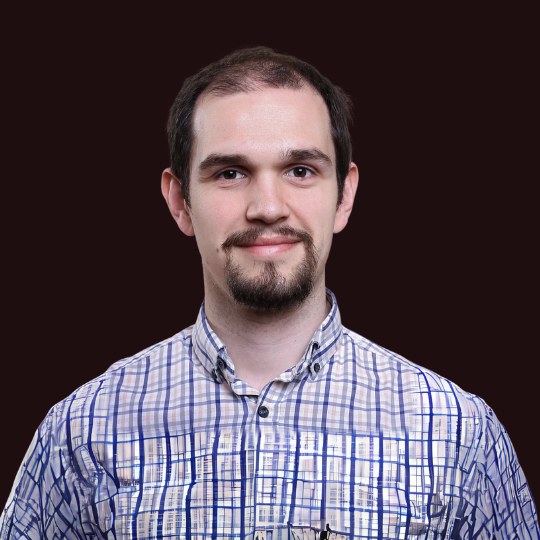Main Subjects
Natural Sciences
The aim of the course is to present the mathematical toolkit of quantum mechanics and quantum information theory, laying the foundation for the mathematical skills required for later courses dealing with quantum mechanics.
Overview of computational models, with particular emphasis on the underlying hardware and non-Boolean, neuromorphic-based computational models.
The principles of quantum mechanics (primarily wave mechanics) are discussed in the course. It introduces the applications of quantum mechanics in chemistry and semiconductor physics.
Practice-oriented introduction to the numerical methods of quantum mechanics.
A broad introduction to quantum computing, with particular focus on the hardware that implements it.
The goal of the lectures is to familiarize engineering students with the interaction of electromagnetic waves and artificial electromagnetic structures (composites, metamaterials, and photonic crystals).
The course aims to provide a concise presentation of classical wave optics and discuss photonic devices and quantum electrodynamics from an application-oriented perspective.
Technical knowledge
Fundamentals of classical circuit theory, with laboratory exercises demonstrating the principles. The objective is for students to understand the behaviour of classical electrical components, which are essential parts of any practical quantum hardware.
The course aims to provide an overview of nanotechnology and nanoelectronics. Major tools and methods of microelectronics manufacturing are also presented.
Introduction to Matlab and Python programming, preparing students to create their codes for modelling and simulation problems. Emphasis is on matrix operations, solving differential equations, machine learning/optimization, data analysis, and visualization.
Introduction to semiconductor physics and solid-state physics, with the necessary background in solid-state physics. The second half of the course focuses on modern semiconductors and quantum devices.
Introduction to the methodology of machine learning, with a comprehensive overview of methods.
The goal of this practical course is for students to deepen their knowledge of quantum informatics by solving a specific quantum computer programming task.
The central theme of the subject is the understanding of various sensors (electrical, mechanical, chemical sensors) and the physics determining and limiting their accuracy.
The course presents the physical background of optical measurements and imaging techniques, mainly through the example of nano-systems and medical diagnostic procedures. It also touches on non-optical methods for characterizing nano-systems.
Economic and Human Sciences
Students study the transformative impact of quantum technologies on society and the environment through group work and literature.
The immediate goal of the course is to create the foundations of an innovation ecosystem that supports the market translation of research in the fields close to the Faculty, allowing Pázmány ITK students and researchers to work on their innovative ideas in an inspiring environment where they can unleash their creativity sustainably and motivated. The course covers business and soft skills necessary for success in the competitive world of technology startups.
The subject focuses on foundations and skill development. In the second half of the course, solving practical tasks will be in focus. Students will receive a proposed grade based on their solution of weekly assignments, reports, book review mini-lectures, and a semester-ending practical task (still or moving image study). The course covers the following topics: Film History (past, present, future); Film Theory (blur, composition, golden ratio, etc.); Standards (proportion, codec, resolution, etc.); Creation analysis (analysis of film works); Lighting and sound technology (lamps, direction of light, direct/indirect, etc.); Film making (preliminary work, shooting organization, shooting, post-production).
Flexible language teaching adapted to the student’s prior knowledge of English, with particular emphasis on tasks encountered in academic life: scientific review, literature review, abstract, essay writing.




